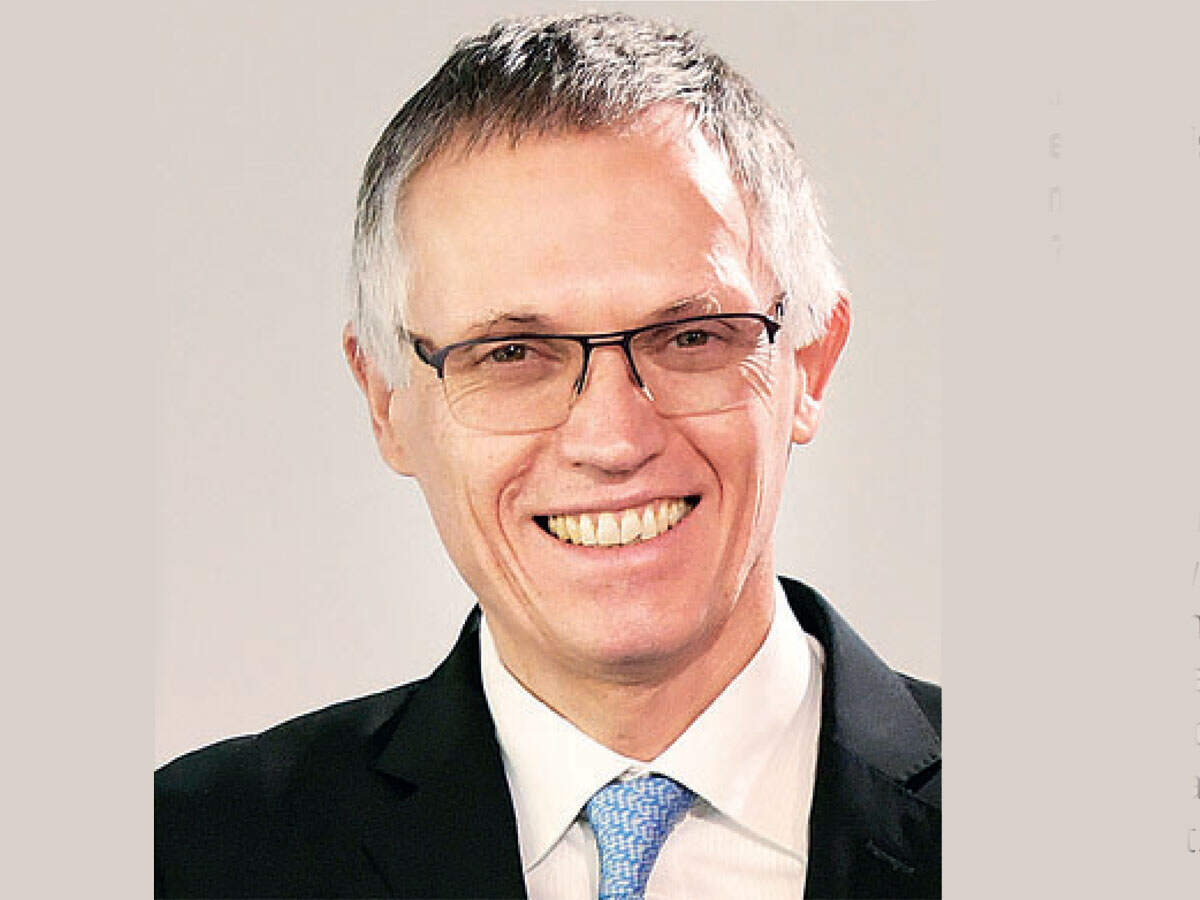
PARIS – Carlos Tavares, a former Renault star credited with reviving the company’s French rival Peugeot SA , has long shone as a restructurer-in-chief, staring down unions and slicing down bureaucracies.
Now the 61-year-old Portuguese car fanatic and weekend racer will face his biggest challenge yet.
Combining Peugeot and Fiat Chrysler Automobiles NV would create the fourth-largest global auto manufacturer, a big advantage for amortizing investments in electric vehicles and getting the best prices from parts suppliers.
But with big-scale economies come big-scale problems, including underutilized factories in Europe, overlapping regional brands and duplicative corporate staffs. On top of that, automakers face mandates to sell electric vehicles, competition from businesses born out of the digital technology industry and a looming global sales slump.
The auto industry faces “ten years of chaos,” Tavares told reporters at September’s Frankfurt auto show.
Tavares’ track record in turning around PSA, which he took over just as it narrowly avoided bankruptcy in 2014, and his reputation as an effective operator is being touted as a key selling point in the FCA tie-up.
“If this is getting done now, it’s because Tavares was in the driving seat,” a banking source in France said of the merger discussions between PSA and FCA.
French-educated Tavares joined Renault in 1981, but gained prominence when he joined Renault’s Japanese partner, Nissan Motor Co Ltd , under then-CEO Carlos Ghosn. Under Ghosn, Tavares ran Nissan’s North American operations, then became chief operating officer of Renault, and Ghosn’s apparent successor, in 2011.
But in 2013, Tavares grew tired of waiting for Ghosn to step aside, and said as much in a blunt interview in which he said he would be open to taking a CEO job somewhere else. Ghosn dismissed him, and in January 2014, Tavares was hired by then-struggling Peugeot to lead a turnaround.
When Tavares discusses his management approach, he talks about teams that combine employees from different functions to speed up decisions. “Agility” is a go-to word, as are “efficiency and effectiveness.” He boasted at the Frankfurt auto show last month that the company’s exhibition stand was a third the size of the space used at previous shows.
“This is a guy famous for his embrace of economy-class travel and off-the-peg suits,” Bernstein analysts said in a note which made the case that PSA was not necessarily overpaying for FCA as some have argued.
Tavares has found ways to push through staff cuts and pay deals in Europe that may prove useful in the PSA-FCA scenario, despite likely pushback from unions in Italy, France and Britain.
At Opel, the executive resorted to voluntary redundancies rather than forcing job cuts, including with “speed bonuses” that offered better rewards for those who opted to leave quickly.
SUPPRESSING JOBS
Tavares’ tactics to trim costs at Opel proved so effective that they sparked concerns that too many skilled workers would leave.
Tavares has stoked competition among Peugeot and former Opel factories to push workers to cut costs.
Ahead of a meeting in 2018 with British unions to discuss job cuts at a Vauxhall plant inherited from Opel, Tavares told reporters in Detroit that UK production costs were twice those of Peugeot plants in France. “What counts is to bring (UK) plants to the level of cost and quality that is the same as Continental Europe,” he said. Such public directness about labor cost differences between factories is unusual.
Opel and Vauxhall racked up 20 billion euros in losses under ownership by General Motors Co , including a stint of more than 18 years of losses until 2017, when Tavares steered PSA’s swoop on Opel.
In the first half of 2019 Opel, which includes Vauxhall, posted a profit of 700 million euros.
The integration also involved switching Opel and Vauxhall from nine General Motors assembly platforms to just two.
One French union leader already used to locking horns with Tavares said he expected the executive to approach the PSA-FCA consolidation in a similar way.
The two firms have already outlined plans to eventually make 3.7 billion euros of annual savings, without plant closures.
“He’s someone who always follows the same line – suppressing jobs and increasing productivity,” said Jean-Pierre Mercier, head of the PSA faction at France’s leftist union CGT.
Even by the time PSA bought Opel, Tavares had cut about 3,000 French assembly line jobs at PSA each year through voluntary departures to trim the wage bill to 11% of revenue from the 15% he inherited.
“He’s very strong with restructuring,” said Ferdinand Dudenhoeffer, director of the Center for Automotive Research, adding that Tavares would be focusing on “one variable, which is the cost of employees relative to revenue.”